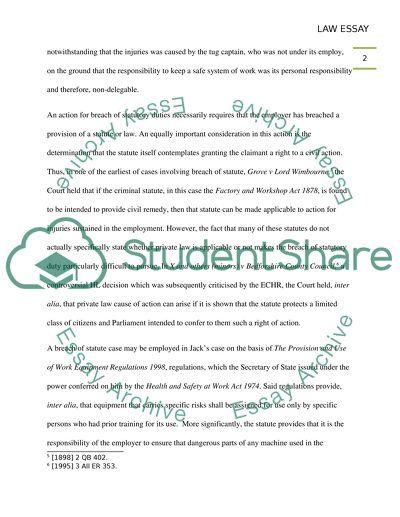Cite this document
(“Wilsons & Clyde Coal Company v English Essay Example | Topics and Well Written Essays - 1500 words”, n.d.)
Retrieved from https://studentshare.org/law/1406318-law-essay
Retrieved from https://studentshare.org/law/1406318-law-essay
(Wilsons & Clyde Coal Company V English Essay Example | Topics and Well Written Essays - 1500 Words)
https://studentshare.org/law/1406318-law-essay.
https://studentshare.org/law/1406318-law-essay.
“Wilsons & Clyde Coal Company V English Essay Example | Topics and Well Written Essays - 1500 Words”, n.d. https://studentshare.org/law/1406318-law-essay.


